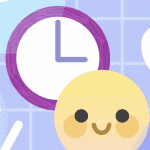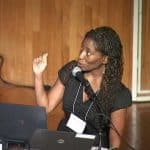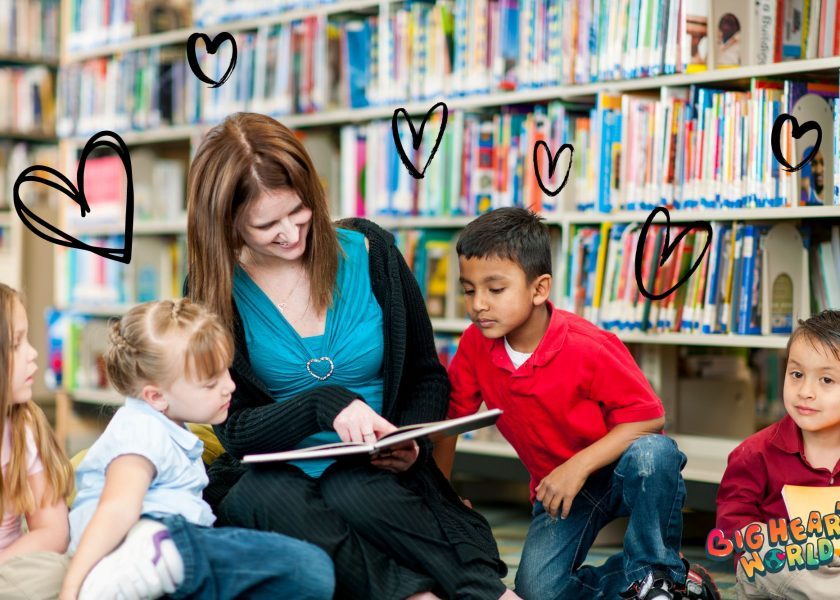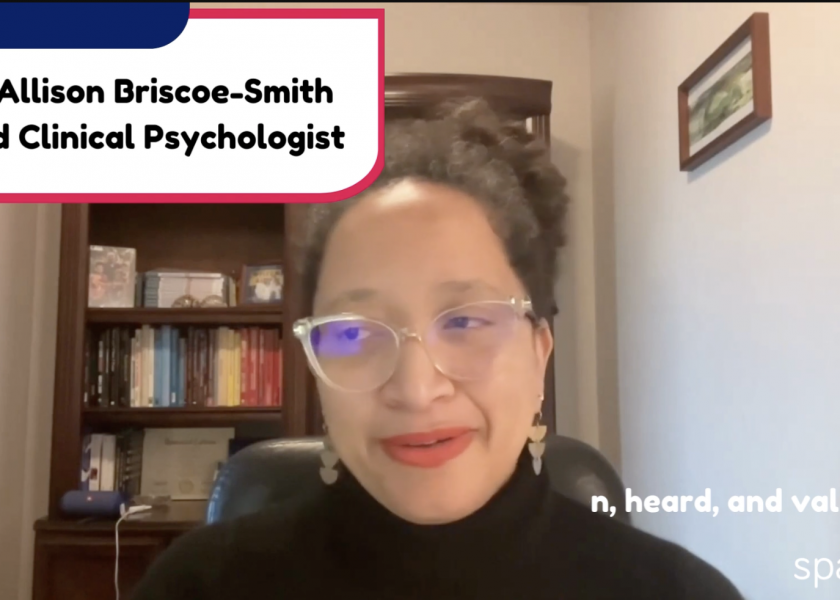First Book Tips for Building a Diverse and Inclusive Home or Classroom Library
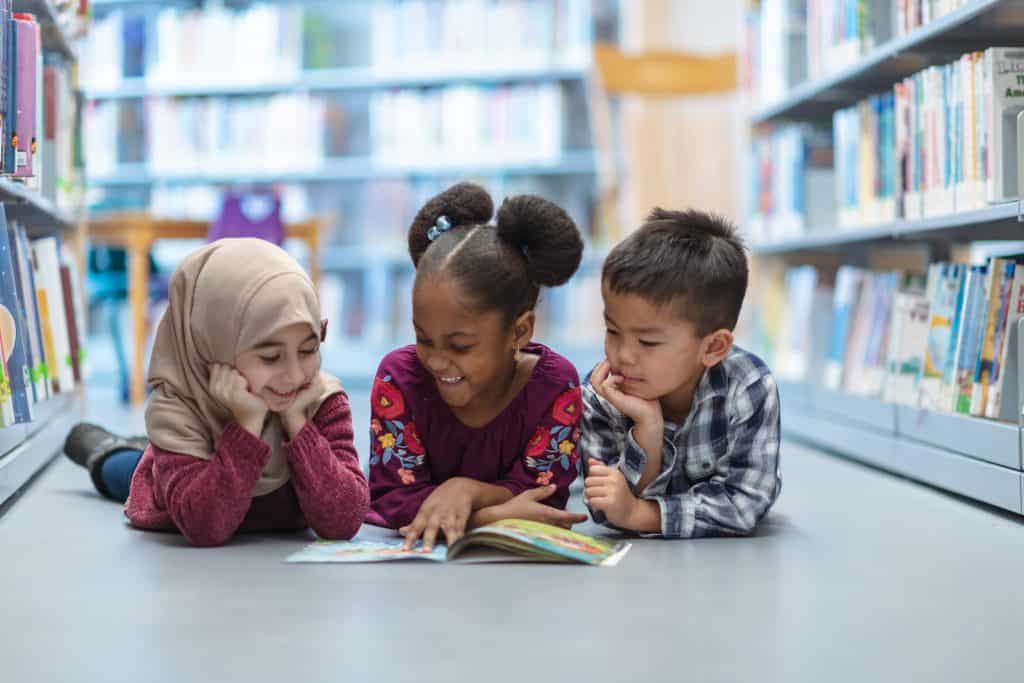
The end of the school year and the start of summer is a great time to spruce up your bookshelf and evaluate if your home or classroom library celebrates and explores different identities and lived experiences.
Sprucing up the books on your shelves can create welcoming environments for learning. If you’re in a classroom, that means you’re welcoming ALL students to develop self-awareness, confidence, and pride. If you’re at home, you’ll help your child learn about the similarities, differences, and expand his or her appreciation of others.
Britt Hawthorne, an anti-bias, anti-racist educator, writes that these questions can help to evaluate a library: “Who is being recognized, represented, and affirmed? Who is being ignored, silenced, and pushed out?” She says “library evaluation” is an important annual activity that ensures titles are inclusive and represent ideas that help teachers, parents, and caregivers facilitate important conversations about similarities, differences, friendship, race, upstanding, and more.
Evaluating Your Bookshelf
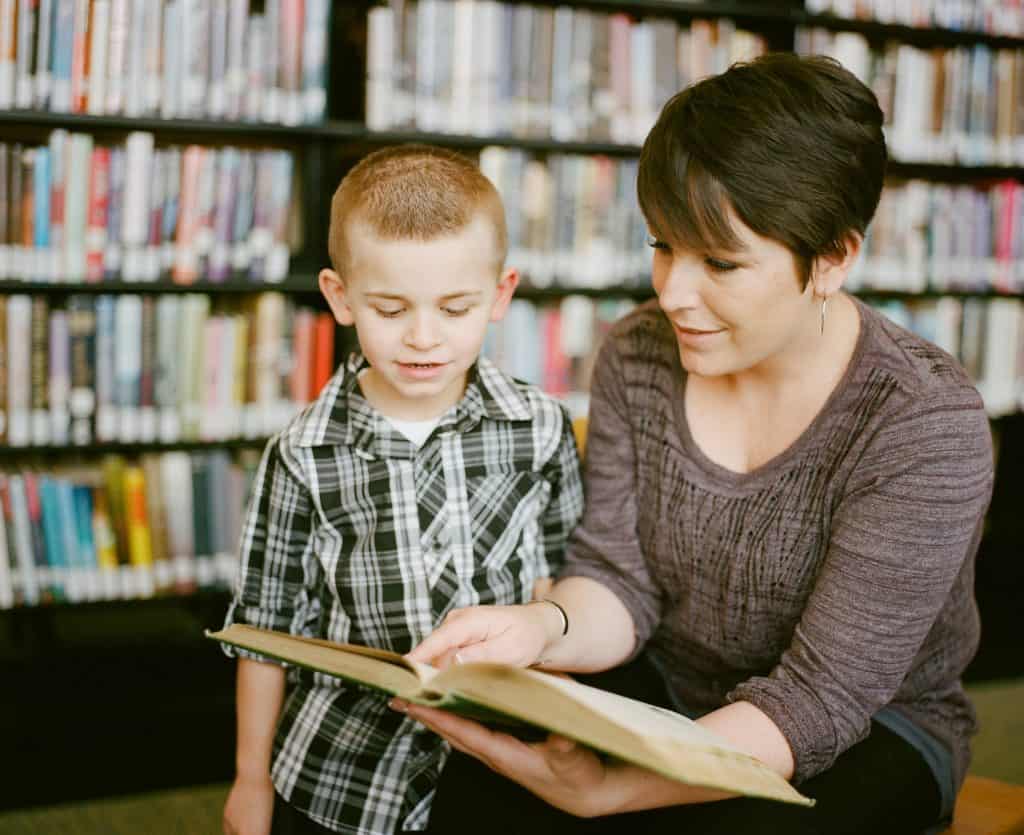
Many educators in First Book’s Network have shared how they turn bookshelf evaluation into a full classroom activity, allowing students to choose books that appeal to them. Parents can conduct the same activity and ask their children to find books that highlight similarities and differences between people.
When we listen to children, we can more easily spot gaps in the stories on our bookshelves and adjust to fill those gaps.
For educators who are still in a primarily virtual classroom, you can evaluate your bookshelf independently using tips from FirstBook’s Empowering Educators: Guidebook on Race & Racism. On pages 29-31, you’ll find recommendations for using an anti-bias and antiracist approach to selecting books.
Explore the Storyline
Sprucing up your bookshelf is not a pass or fail test for a book collection. Of course, you should strongly consider removing books that perpetuate harmful stereotypes or invisibility. But there are many fine books that you might consider removing if they don’t contribute to the right overall mix of stories.
- Here are some questions you might consider asking as you evaluate the books in your home or classroom library:Does a single story or narrative about a group dominate? For example, books that feature Indigenous or Native American people should include more than folktales from the past, and books that feature African Americans should include more than stories about overcoming oppression.
- Do we have stories that take place in different geographical settings?
- Do I have books that celebrate different religions (Christianity, Islam, Judaism, Hinduism, nonreligious traditions, etc.)?
- Do we have books with main characters from different countries?
- Do we have books about Black, Indigenous, or people of color that promote self-love and joy?
- Do we have books that include a variety of family structures, e.g., nuclear families, blended families, multigenerational families, single-parent families, same-sex-parent families, and childless families, etc.
Please note: If you’re at HOME and not at a school, it’s good to know your gaps so you can think about books to consider buying or checking out of the library in the future.
Start Cleaning and Restocking Your Bookshelf
As with any sort of clean-up process, getting started is the hardest part. You can do it!
Once you’ve cleared your bookshelf and you’re ready to shop for new, more inclusive, anti-racist titles, eligible educators can visit the Marketplace to discover diversity and inclusion titles as part of FirstBook’s Stories for All Project™. To help you get started, we’ve identified five special edition books educators teaching in Title I schools and programs can add at a reduced cost. (Learn more about these on our list of book recommendations.)
- Bilal Cooks Daal, written by Aisha Saeed and illustrated by Anoosha Syed
- Mommy’s Khimar, written by Jamilah Thompkins-Bigelow and illustrated by Ebony Glenn
- Fry Bread: A Native American Family Story, written by Kevin Noble Maillard and illustrated by Juana Martinez-Neal
- Drawn Together, written by Minh Lê and illustrated by Dan Santat
- Alma and How She Got Her Name, written by Juana Martinez-Neal (also available in Spanish)
You can also shop by culture, religion, special needs, language, and more. FirstBook’s collection is designed to help educators engage students in effective, courageous conversations about race and social justice.
If you aren’t an eligible educator teaching in a Title I school or program, you can still purchase these titles while supporting First Book through our Bookshop store, with 10% of your order donated directly to First Book. You can also explore more featured titles and collections via our other Bookshop collections.
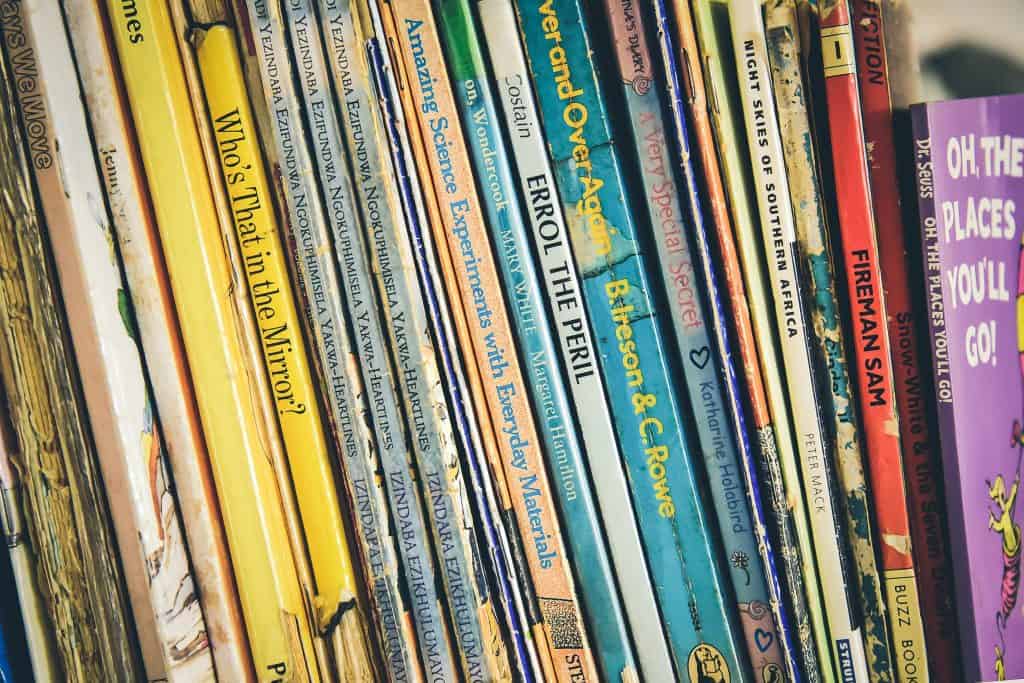
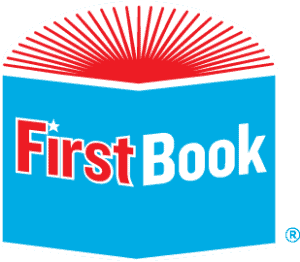
Founded in Washington, D.C., in 1992 as a 501(c)3 nonprofit social enterprise, First Book is a leader in the educational equity field. Over its 29-year history, First Book has distributed more than 200 million books and educational resources, with a retail value of more than $2 billion. First Book believes education offers children in need the best path out of poverty. First Book breaks down barriers to quality education by providing its Network of more than 500,000 registered teachers, librarians, after school program leaders, and others serving children in need with millions of free and affordable new, high-quality books, educational resources, and basic needs items through the award-winning First Book Marketplace nonprofit eCommerce site. The First Book Network comprises the largest and fastest-growing community of formal and informal educators serving children in need.
For more information, visit firstbook.org or follow the latest news on Facebook and Twitter.

